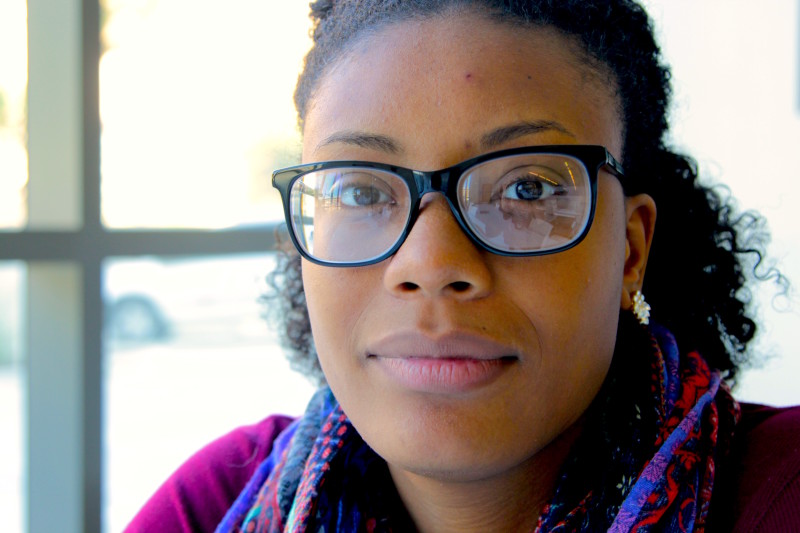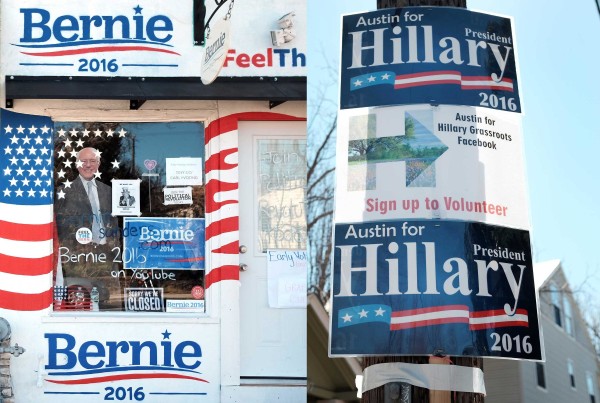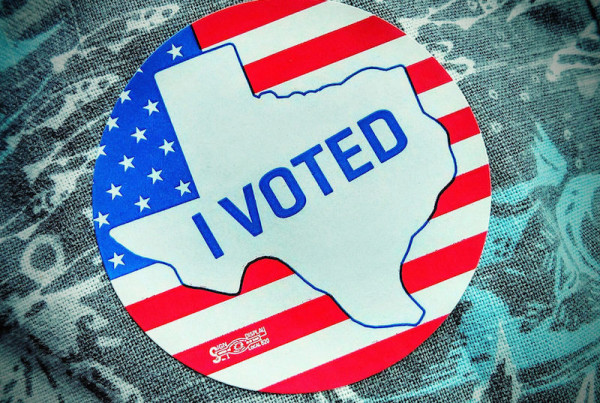I’m an intern at the Texas Standard and a Mass Communications student at Texas State University in San Marcos. I identify myself as African-American, but that’s easy for me to say.
Recently, with all the talk of this being African American History month, I’ve noticed something that I hadn’t before. There are people around me look like me, but don’t identify the way I do with that month, or with that label.
I wanted to understand this better, so I asked a few friends how they felt about their identity.
Yamilett Caraballo,Texas State student and Puerto Rican, says that she has had her own problems when identifying herself within the Black community.
“I never really questioned what I was, until I started filling out serious paperwork,” she says. “What do I check off? When there is nothing but Black and white options, I’m closest to Black than I am to white. … But I’m not that. I’m not Mexican, yes I have Black in me, but I can’t just pick a side … I’m me.”
Marcelo Paixão, University of Texas at Austin African Diaspora Studies, identifies as Brazilian. He says that the complexities of the Afro-identity are complex and are being talked about more.
“I think it’s not easy because it’s a question of self perception, but in parts of the perception of society,” he says. “I believe that this kind of intercultural dialogue is not a cultural debate – it is in part a political debate. It is a part of a social debate.”
Rosemary Emordi, is Nigerian. She’s also from Texas State. She says although she embraces the African-American culture, she takes pride in her own.
“I’m never African-American. I’m never Black. I’m Nigerian,” she says. “For me, Black is totally different from someone else. I wish I could say I had descendants from Louisiana or the South, but I don’t. Let’s say that my brother goes jogging at night, they don’t see African-American. They see just Black. When it comes to just the skin color I want to unify myself as much as I can.
“As much as I love learning about Black history and their culture I wish people knew more about mine. I feel like I have to advocate Nigerian culture, when my story can be totally different from someone else that’s Nigerian or Kenyan. I’m so prideful that I have little specialties that I can call mine, and that I know where all of that comes from.”
What’s the takeaway? There are so many different perspectives on African-American History Month and Black identity. Maybe some of us take for granted the things we have in common, even among those who look like us. We say skin color doesn’t matter, but maybe it matters in unexpected ways.
What do you think? Email us at texasstandard@kut.org or tweet us @Texasstandard.

















